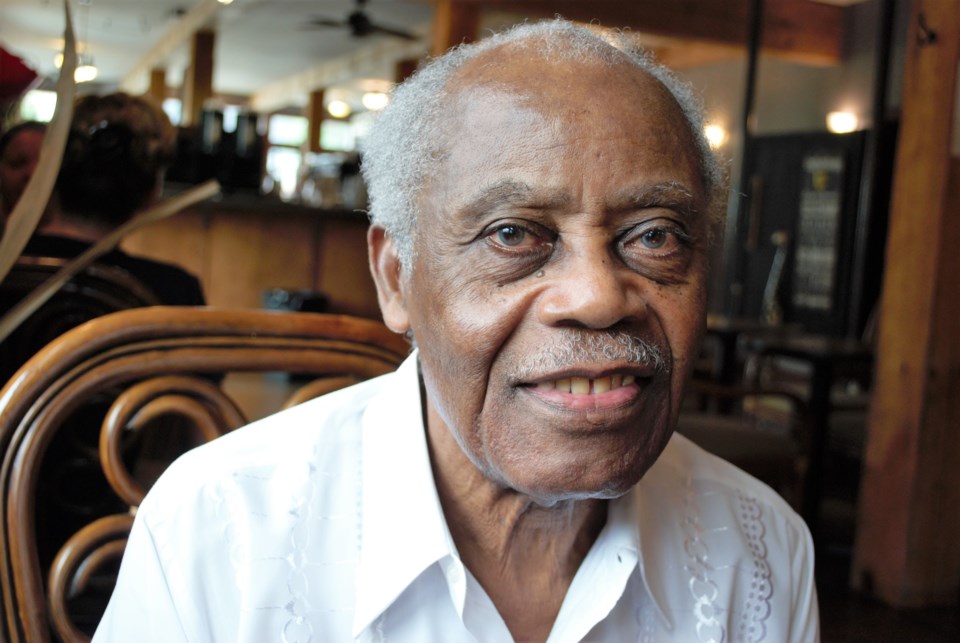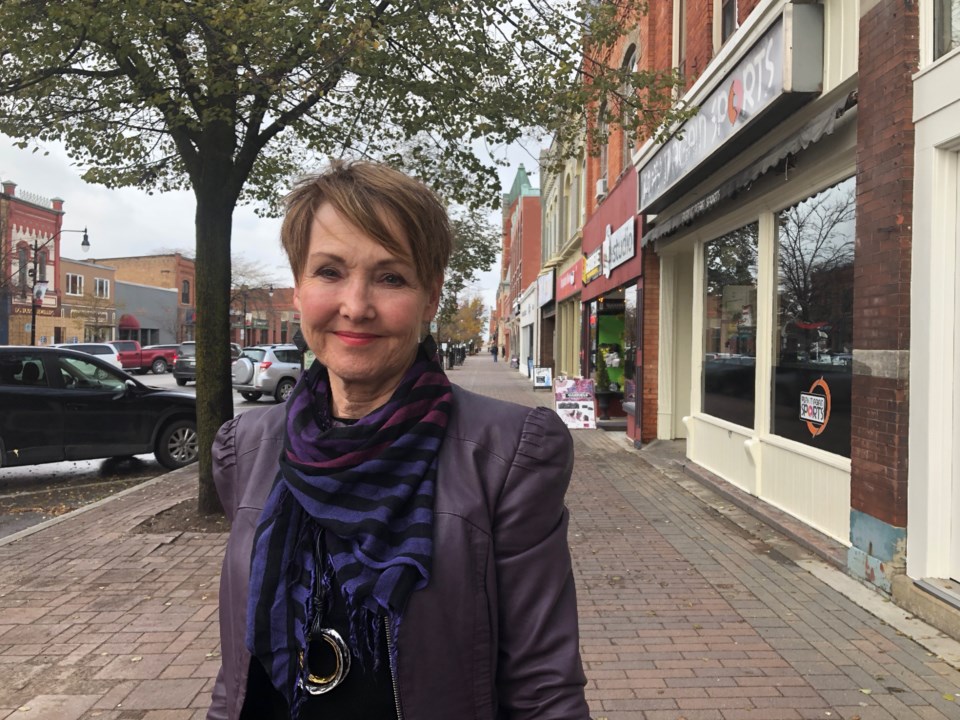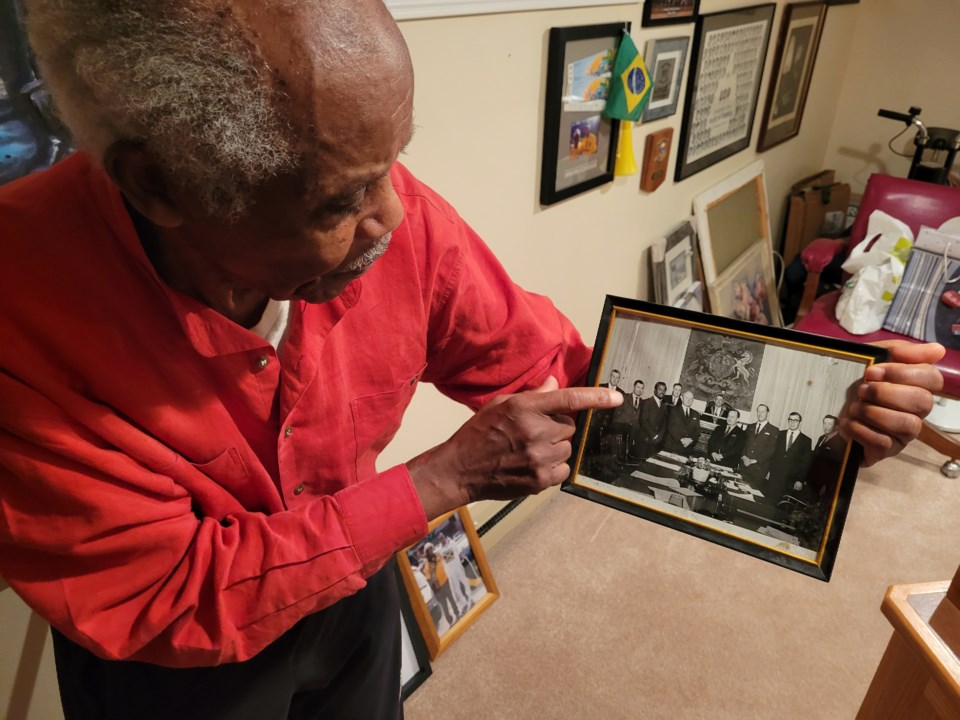An effort by a provincial association to encourage more diversity around the municipal council tables has a current and former Collingwood councillors reflecting on the importance of elected officials reflecting the communities they serve.
The Association of Municipalities of Ontario (AMO) met this week to discuss their Healthy Democracy Project, which will focus on the importance of encouraging diverse candidates – such as women, racial minorities or youth – to municipal office and government jobs and support elected officials to be equity-informed leaders.
“AMO is concerned about the lack of representation of racialized minorities and other demographics like women and youth in municipal government,” said Collingwood Coun. Deb Doherty, who sits on the AMO board of directors in the Small Urban Caucus.
AMO has committed $1 million to the project over four years, to be paid out of the organization’s reserve funds.
“They’ll examine the reasons why, and will develop a strategic plan to address the inequities, and hopefully have a plan in place so we can see results,” said Doherty. “Women are living in our communities, they want to see themselves reflected in their dealings with the municipality.”
As Collingwood’s first Black councillor elected back in the early 1970s, Farel Anderson recalls sitting at a council table looking at all white faces, determined to serve the community he still calls home.
After immigrating to Canada from Jamaica in 1955 to attend dental school at the University of Guelph, Anderson came to Collingwood in 1966 after graduating to fill in for a dentist who was taking a three-month leave. After the three months was up, Anderson opted to stay and has lived in the same home on Fourth St. ever since.
Anderson says he dealt with more racism during his time in Guelph, noting that he was pleasantly surprised at his reception in Collingwood.

“It was an eye-opener. I came thinking I would be the only Black person in town. (I worried) about how my practice would operate, that maybe people wouldn’t come to be because I am Black,” he said.
“My practice grew. It was the best practice,” said Anderson.
In the 1970s, he decided to take a run at a council seat. At that time, people in town knew him due to his dental practice and his work with the Lions Club.
Anderson says he didn’t consider his skin colour to be a barrier.
“I felt respect from the community coming to me,” said Anderson. “People were very accepting of me. Internally, I worried about it, but I never saw it.”
Anderson served two terms on Collingwood’s council, and worked with the fire department and the police services board as part of those terms.
While he says he doesn’t feel he experienced outright racism in his position as councillor, he did have one incident that occurred in his dental office where he tossed a waiting patient out the door following an angry, hateful comment.
“I remember that very well,” he said.
He does note, however, that racism can be more subtle, and it is rare for someone to be overtly and directly racist.
“I don’t really worry about those, because I think human beings are human beings and we all have foibles that may be coming from somewhere else,” said Anderson. “Racial prejudice will never be completely eliminated.”
“It’s a part of life,” he said.
When it comes to having more diverse representation on municipal councils and government staff positions, Anderson says the make up of a community should also be considered.
“I think it’s important that organizations should look out for bringing others of different backgrounds in. I also think that in small communities, it can be difficult,” he said.
When asked what advice he would give to anyone considering a future council run or move into a government job, Anderson says both giving and receiving respect is important.
“Uphold your integrity. Listening rather than talking is very important. You’ll have all the time to talk. To me, listening is one of the most important things anybody can do. That, and the ability to laugh,” he said.
According to AMO election data, in 2018 1,808 women ran and 698 were elected to municipal council’s across Ontario, with 92 women serving as heads of council. In 2022 that number went up: 1,939 women ran and 750 were elected with 110 women serving as heads of council.
In the 2022 municipal election, approximately 6,325 candidates competed for the 2,842 elected positions. 553 positions were uncontested and were therefore acclaimed.
Women comprised 32 per cent of all candidates – and 32.3 per cent of elected or acclaimed candidates, which is higher than 29.4 per cent in 2018.
Doherty has served on Collingwood council from 1996-1999, and from 2014 to present.
“As a woman, I have never felt for myself that I was less than,” recalled Doherty in an interview with CollingwoodToday. “When I filed to run for municipal position first back in the 1990s, I didn’t feel at the time that it was a barrier.”

“But, I have been shocked sometimes when I’ve felt sexism coming from other members of council in the past,” she added.
Doherty recalled one instance, many years ago, when a former male mayor called her for a meeting.
“He didn’t like the way I was interfacing with members of the public. We had a discussion about what my role should be. It was very patronizing and belittling,” she said. “Sometimes it’s not so much what they said, but how they said it.”
She says she’s worked her way through those types of interactions by working to maintain a positive self image.
“You can allow that to internalize those feelings of (being) less-than, or you can (choose) to maintain that self image and think about how it’s their problem, not your problem,” she said.
Doherty notes an uptick more recently in disrespectful interactions through social media and in-person.
“There’s a decline in social discourse and polarization. When you’re campaigning and knocking on doors, you sometimes feel concern for your safety if you are confronted by someone who is angry,” she said. “Social media can be really nasty.”
Doherty said she feels proud to be part of the first Collingwood council that was majority women from 2018 to 2022, alongside councillors Kathy Jeffery, Mariane McLeod, Tina Comi and now-Mayor Yvonne Hamlin. She notes that Collingwood itself has made strides when it comes to equity, between the formation of the Unity Collective and council passing a resolution last term sent to the federal government to have some flags declared as hate symbols under federal law.
Looking to the future, Doherty says she hopes the results of the AMO survey will lead to better governance and legislation across Ontario and beyond that will include more diverse viewpoints.
“I hope that by bringing this issue to light, we can see some concrete changes going forward. It will make us all better,” said Doherty.
To read more and fill out AMO’s Healthy Democracy Project survey, click here.



